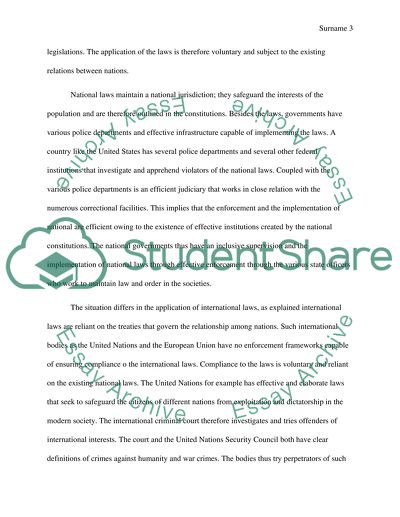Cite this document
(“Is Enforcement the Critical Weakness in International Law Essay”, n.d.)
Retrieved from https://studentshare.org/law/1494981-is-enforcement-the-critical-weakness-in
Retrieved from https://studentshare.org/law/1494981-is-enforcement-the-critical-weakness-in
(Is Enforcement the Critical Weakness in International Law Essay)
https://studentshare.org/law/1494981-is-enforcement-the-critical-weakness-in.
https://studentshare.org/law/1494981-is-enforcement-the-critical-weakness-in.
“Is Enforcement the Critical Weakness in International Law Essay”, n.d. https://studentshare.org/law/1494981-is-enforcement-the-critical-weakness-in.


